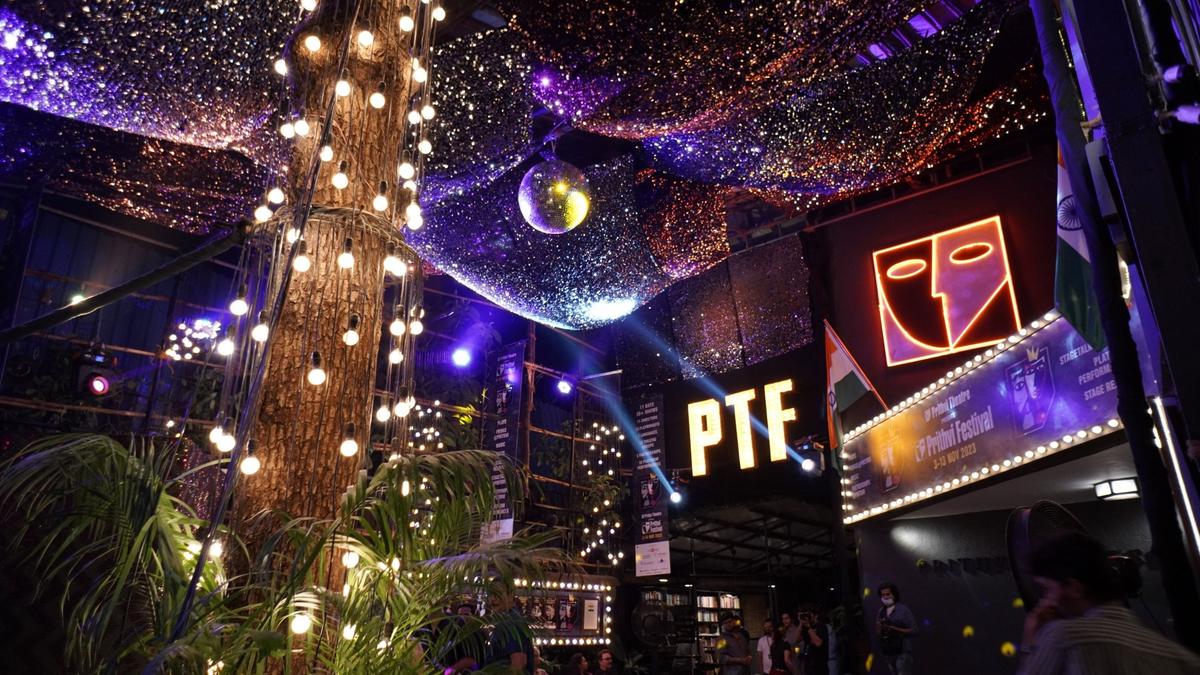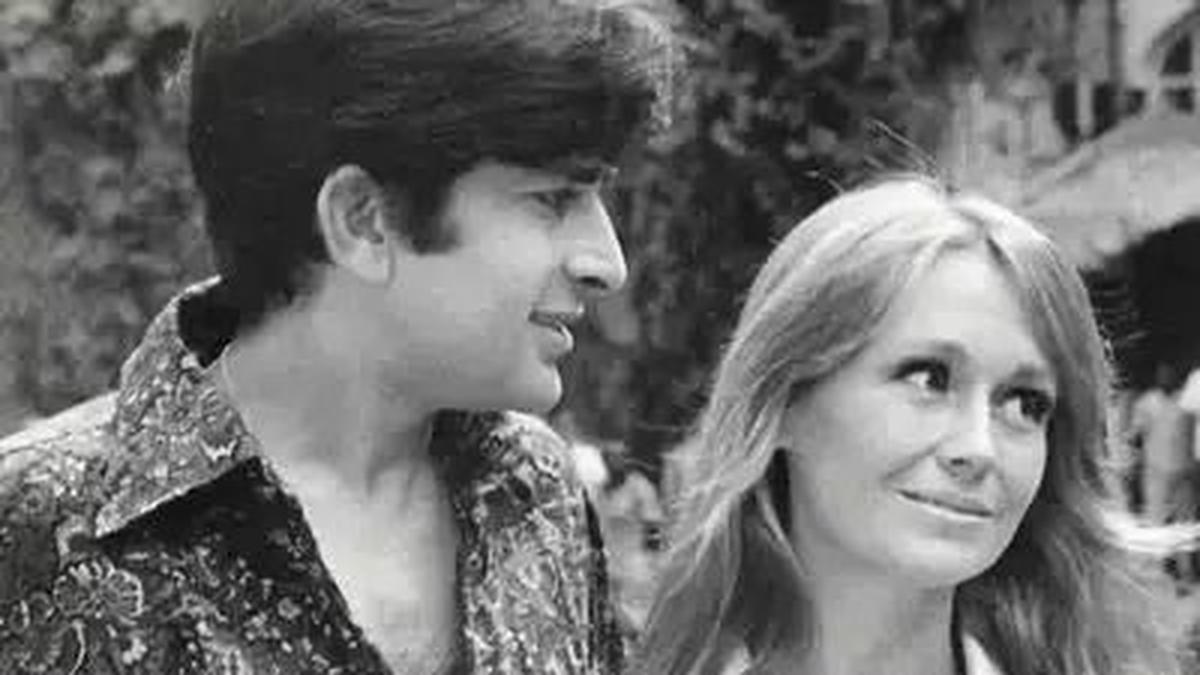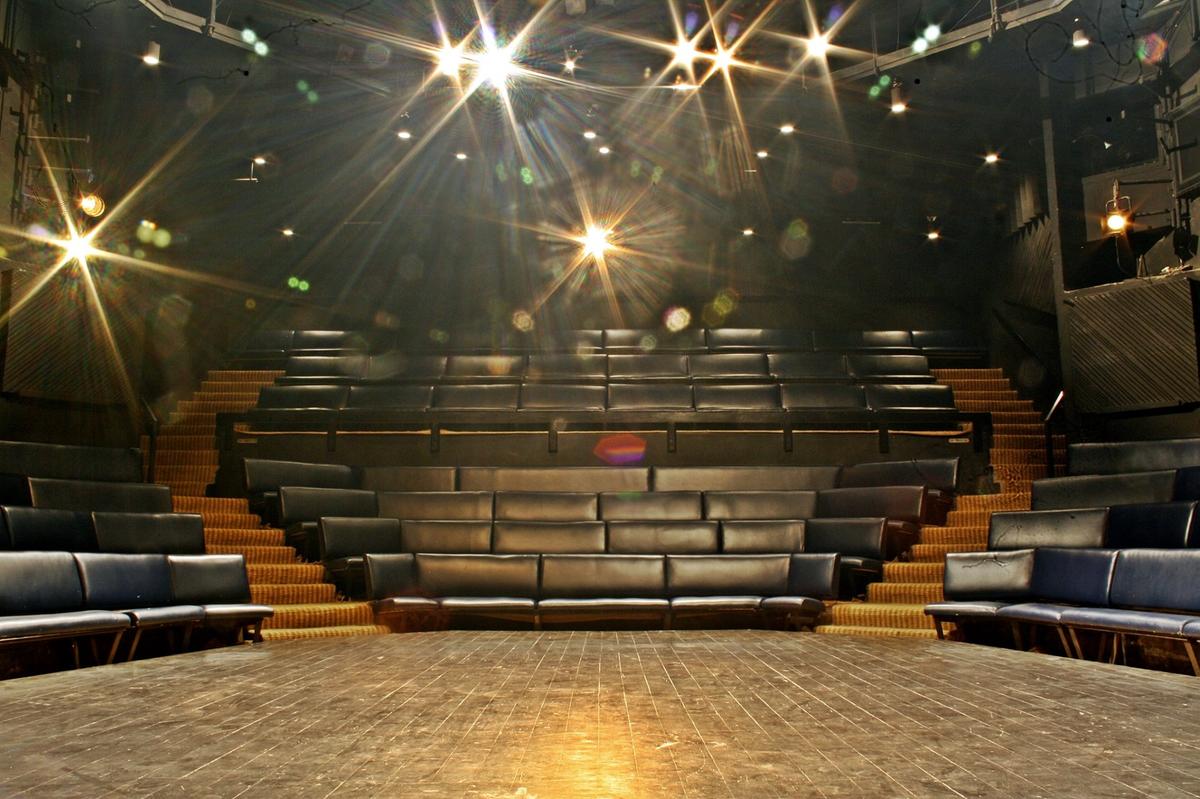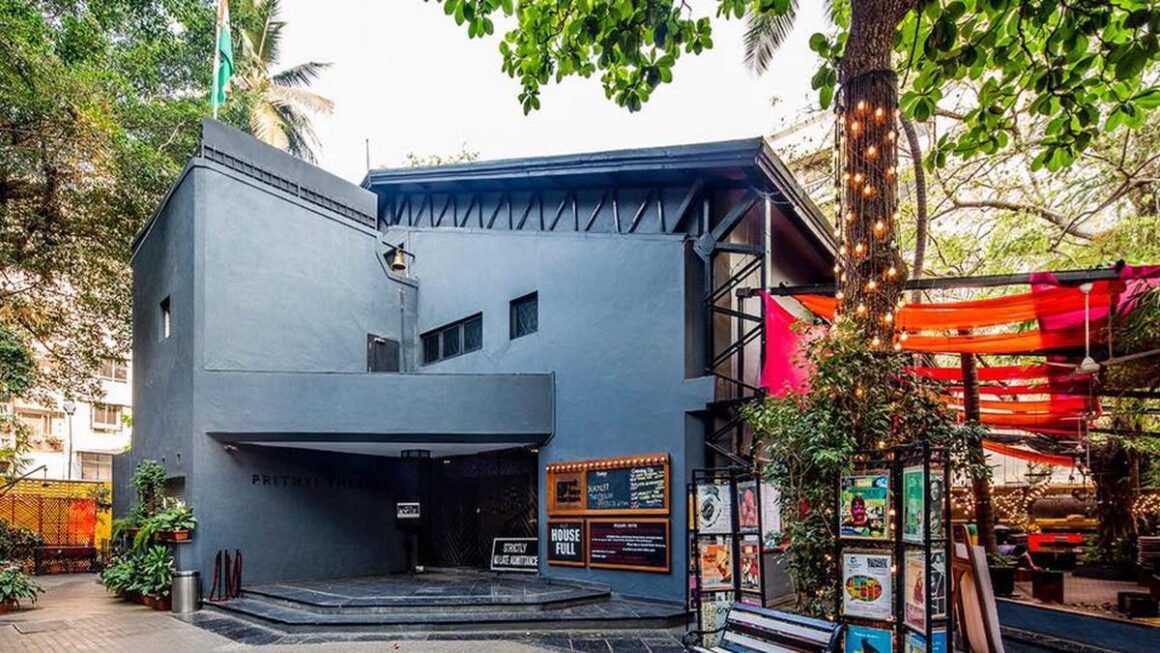It’s a familiar sight each time one enters the Prithvi Theatre courtyard. Up in front, a blackboard announces the day’s event, along with the schedule for the remainder of the week. On the right, the café buzzes with young people grabbing a bite over conversations about cinema, cricket or the Coastal Road. An hour before any show, a winding queue builds up on the left of the entrance, as theatre buffs arrive early for a good seat. A few browse at the bookstore.
Located in a posh section of Juhu, Mumbai, Prithvi has, over the years, carved its own niche on the Indian cultural map. Since the auditorium was set up in 1978, it has been a launch pad or grooming ground for many theatre personalities. Kunal Kapoor, who runs the place, says the following has only grown over the years. “Today, the audiences are younger, and the number of shows has increased. Besides plays, we also have monthly shows for Indian and western classical music, and jazz, along with dance performances,” he says.
Illustrious history

The space decks up for the annual festival
| Photo Credit:
Courtesy: Prithvi Theatre
The venue gears up for its annual Prithvi Theatre Festival, to be held from November 3 to 18. This year, the festival incorporates a string of theatre performances, three music concerts and a dance recital (see box).

Shashi Kapoor and his wife Jennifer who launched Prithvi Theatre.
| Photo Credit:
Special Arrangement
The place has had an illustrious history, as it was founded on the legacy of two repertory theatre companies — Prithviraj Kapoor’s Prithvi Theatres and Geoffrey and Laura Kendal’s Shakespeareana. When Prithviraj Kapoor passed away in 1972, his son Shashi Kapoor bought the leased plot of land on which the repertory’s storage shed stood. Determined to have a permanent theatre venue, Shashi and his wife Jennifer brought in architect Ved Segan. The result was a unique auditorium with seating on three sides that allowed a perfect view of the stage from any spot. Even the acoustics were planned in such a manner that one could hear the faintest whisper from the last row. “The older theatres in the West were designed that way, and the effort was to ensure that the actors were not far from the audience,” says Kunal, the eldest son of Jennifer and Shashi.
Well-received plays
Prithvi Theatre was inaugurated on November 5, 1978, with the Hindi production of G.P. Deshpande’s Uddhwasta Dharmashala, directed by Om Puri and starring Naseeruddin Shah, Rohini Hattangadi and Neelam Mansingh Chowdhury. M.S. Sathyu’s political satire Bakri followed soon, and Motley, the theatre company started by Naseeruddin Shah and Benjamin Gilani, staged Samuel Beckett’s English play Waiting For Godot. The story is that Naseeruddin was never keen on Godot as he thought it was too obtuse, but over the years, it became one of Prithvi’s most well-received plays.

Kunal Kapoor with son Zahan at Prithvi Theatre
| Photo Credit:
Courtesy: Prithvi Theatre
In the 1980s, the venue became a haunt for directors and actors. Satyadev Dubey, Feroz Abbas Khan, Akash Khurana, Nadira Zaheer Babbar, Pankaj Kapur, Paresh Rawal, Shafi Inamdar, Dinesh Thakur, Arundhati Nag, Tom Alter and Bhakti Barve were among the regulars. Says Feroz Abbas Khan, “It became a community. I was inspired by Jennifer Kapoor’s approach and dedication, and meeting her was a turning point.” Describing Prithvi as the beating heart of theatre in Mumbai, Motley’s Ratna Pathak Shah says it has helped an audience grow. “Earlier, the audience was smaller. Now almost every show is houseful,” she adds.
The first generation of theatre groups included Satyadev Dubey’s Theatre Unit, the Indian People’s Theatre Association, Om Katare’s Yatri, Nadira Zaheer Babbar’s Ekjute, Om Puri’s Majma, Dinesh Thakur’s Ank and Gujarati theatre personality Mahendra Joshi’s Avantar. Though the audience initially preferred comedies and lighter subjects, there was a growing demand for serious and experimental theatre once the venue was established. To mark five years of Prithvi’s being, a theatre festival was started in 1983. Added attractions were the café and bookshop.
“Theatre programming doesn’t need arithmetic. A lot of it has to do with emotion. But we try and keep up with the times”Kunal Kapoorthe eldest son of Jennifer and Shashi
Continuing the mission
The death of Jennifer Kapoor on September 7, 1984, came as a big shock. Recalls Kunal, who took over, “I was with her in London during the last days. The first thing I did after she passed away was look for a phone booth to call up Feroz (Abbas Khan) and tell him that the show must go on. Before that, I wasn’t actively involved with the group, but we had a family tradition of sitting together for breakfast and discussing things. This is where I got an idea about Prithvi. Many people predicted doom for the venue, but we continued in our mission.”
Once things got going, Kunal’s sister Sanjana managed the place till 2011, after which Kunal took over again. While the Prithvi Theatre Festival would begin on Prithviraj Kapoor’s birthday on November 3, another regular event is held on Jennifer’s birthday February 28, when tabla maestro Ustad Zakir Hussain performs with a changing line-up. The tradition continues till today.

The Prithvi auditorium with seating on three sides allows a perfect view of the stage from any spot.
| Photo Credit:
Courtesy: Prithvi
By the 1990s, newer names became regular. These included Sunil Shanbhag, Makarand Deshpande, Vikram Kapadia and Ramu Ramanathan, and theatre companies like Rage Productions and Platform. In 2000, veteran theatre personality Akash Khurana and his son Akarsh formed Akvarious Productions staging many plays at Prithvi. Manav Kaul had a hit in 2004 with Shakhar Ke Paanch Dane. After a lull during the pandemic, the place was back to normal. Since last year, the premieres have included Siachen, written by Aditya Rawal and directed by Makarand Deshpande, Hoshruba Repertory’s Main Pal Do Pal Ka Shayar Hoon, directed by and featuring Danish Husain and based on the work of poet-lyricist Sahir Ludhianvi, and the Motley production Old-World, directed by Arghya Lahiri and featuring Naseeruddin and Ratna Pathak Shah.
Kunal says that from the beginning, the venue has been overflooded with requests for dates. He adds, “We go by our gut feeling. Theatre programming doesn’t need arithmetic. A lot of it has to do with emotion. But we try and keep up with the times. Today, my children Zahan and Shaira are actively involved with Prithvi, and they know how to use social media, which I don’t,” he says.
Widening the repertoire
To widen its repertoire over the past decade, Prithvi started other events such as Mehfil, aimed at promoting Urdu culture, and the Open Mic for café customers. Adds Kunal, “Held once a month, Udayswar, with event company Pancham Nishad, presents Hindustani classical morning raags, and is packed at 7.30 a.m. The Symphony Orchestra of India shows are a tie-up with NCPA for chamber music, and the monthly jazz brunch sessions designed by Louiz and Gino Banks have a dedicated audience.”
Kunal agrees that many café customers need not necessarily attend plays. “But we make an effort. There are posters of our events all over, and one can scan the list of programmes on the tables. There are many who come for both theatre and the snacks. If we can convert two or three of 100 new customers who come for the café, and make them theatre fans, we shall be happy,” he says.
The line up
November 4 and 5: Motley’s Ek Dastaan Ek Haqeeqat, featuring Naseeruddin Shah and Ratna Pathak Shah.
November 9 and 10: Mahmood Farooqui’s Dastan-e-Ahwaal-e-Kapoor (on Raj Kapoor) and Dastan Alice Ki (adaptation of Alice In Wonderland).
November 11: Symphony Orchestra of India
November 13: Akarsh Khurana’s It’s a Wonderful Life
November 14: Makarand Deshpande’s Piyakkad
November 16: Feroz Abbas Khan’s Hind.
November 17: Udayswar – Pt C.R. Vyas’s compositions presented by vocalists Arati Ankalikar Tikekar and Suresh Bapat.
November 18: jazz performance by pianist Louiz Banks and his group
Besides the main auditorium, the smaller Prithvi House will host a selection of plays by upcoming artistes. Stage Talk sessions with Pragya Tiwari, music performances in the courtyard and screenings of the UK’s National Theatre productions are also on the agenda.
Published – October 23, 2024 02:48 pm IST


Leave a Reply